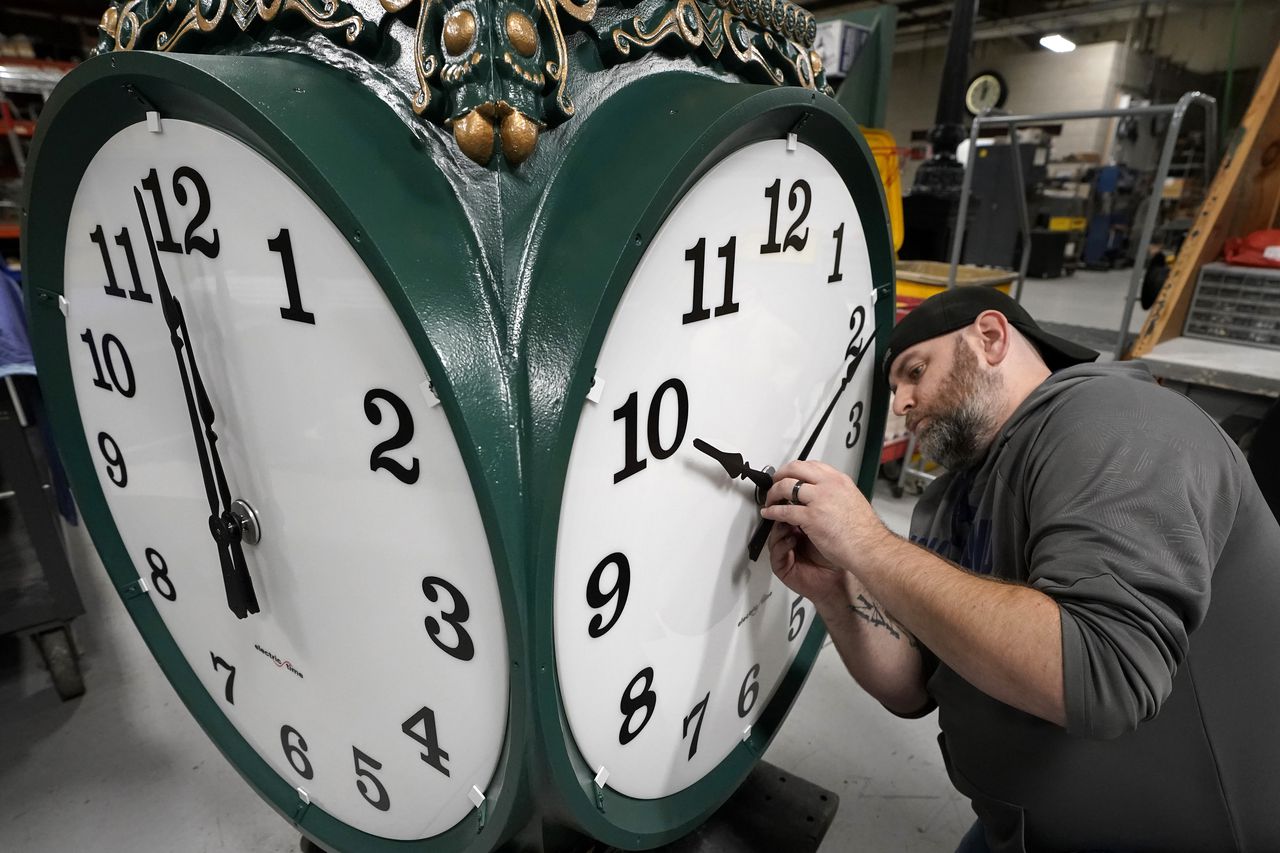A bill passed to end daylight saving time. Here’s why you still have to change your clocks
The ritual of “falling back” – setting clocks back one hour to mark the end of daylight saving time – officially takes place at 2 a.m. Saturday. The hour clock change doesn’t alter time itself, of course, but shifts more daylight into the morning instead of the evening.
For example, sunset on Nov. 5 in Birmingham is 5:52 p.m. CST. The next day sunset is 4:50 p.m. CST.
Changing the clocks is a controversial practice and one that several states – including Alabama – have targeted in recent years. Despite that, we’re still tinkering with the clocks twice a year.
READ MORE: Time change this weekend: Get ready to ‘fall back’ 1 hour as daylight saving time ends
Here’s why:
The basics
Daylight saving time ends at 2 a.m. on Sunday, Nov. 6 so most people move their clocks back one hour before going to bed Saturday night. We sprang forward an hour at the start of DST on March 13.
Alabama wants daylight saving year-round
In 2021, Gov. Kay Ivey signed a bill that would put Alabama on DST year-round after the measure received almost unanimous support from lawmakers.
Alabama is one of 19 states that have enacted legislation or passed resolution to provide for permanent DST. There’s a problem, however – Congress.
Role of Congress
The Uniform Time Act of 1966 mandates DST, meaning there would have to be Congressional action to make the change and those efforts appear to be stalled. If that ever changes, Alabama and the other states with bills in place would be poised to make a quick adjustment, however.
Sunshine Protection Act
The U.S. Senate voted unanimously in March to pass the Sunshine Protection Act to make DST permanent starting Nov. 5, 2023. The bill would not alter or change time zones or mandate places that don’t observe DST – including Hawaii and most of Arizona – make the change.
The House has yet to take up the measure, however, meaning for now, we will keep changing our clocks twice a year.
Why do away with the time change?
Critics points to a host of problems with the time change.
A 2020 study found that fatal traffic accidents in the U.S. rose 6% in the week after daylight saving started. Other studies point to increases in workplace injuries and medical errors, even some that point to an uptick in heart attacks.
The biggest issues, however, could be the hassle involved.
“Changes to our clocks may have made sense when it first began, but it certainly doesn’t now,” U.S. Sen. Tommy Tuberville, R-AL, said earlier this year. “To turn the clocks back each year is a nuisance and not smart policy.”
